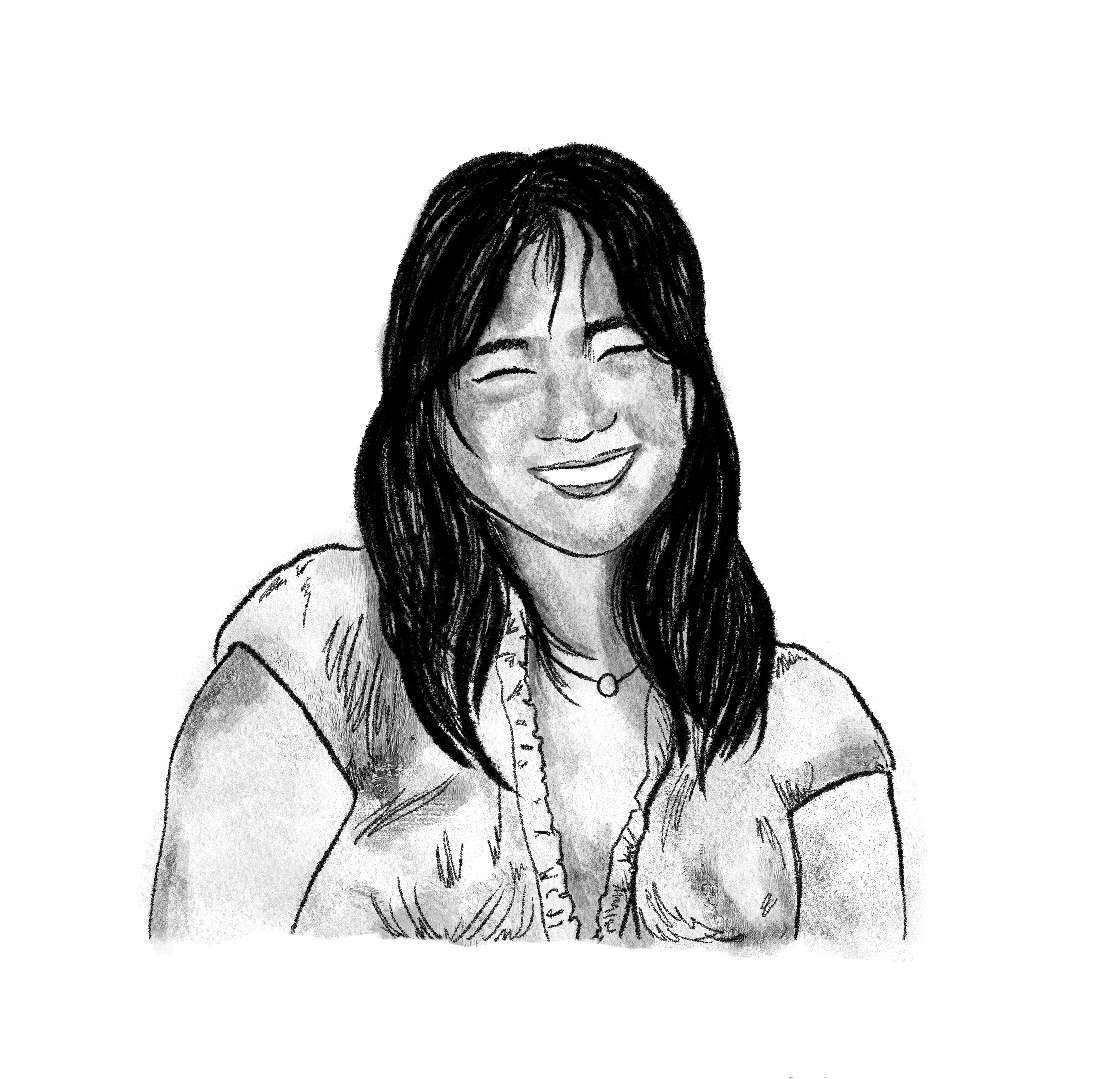Welcome to the News’ special issue commemorating Asian American and Pacific Islander Heritage Month!!

Maria Arozamena, Illustrations Editor
Dear readers of the 2024 AAPI Spissue,
Welcome to the Yale Daily News’ special issue celebrating Asian American and Pacific Islander Heritage Month! This issue finds us all after the conclusion of the 2023-24 academic year — its delivery a bit more delayed than previous AAPI spissues. Yet, as our contributors and members of the new managing board have worked from various parts of the world and timezones to jointly create the “AAPI – Coming of Age” spissue, I am both extremely proud and excited to present these thoughtful and courageous pieces.
Like many of you, my coming of age occurred during the pandemic. My generation of peers and I learned to grow up while simultaneously confronting the surge of brutality and violence against people of color, the uncertainty of ever-changing health and social regulations, and the loneliness and chaos of digital interactions. Our adolescence is tinged by the hues of COVID-19.
Especially with the spike of anti-Asian hate during COVID-19, my coming of age as an Asian-American woman happened side by side with pandemic mourning and the questions of healing that followed. This year, as I reflect about my Asian-American identity in 2024, I am taken aback by just how much COVID-19 has influenced my understanding of being Asian.
So where does that leave us? What does it mean to be Asian American in 2024?
The content offered in the special issue suggests that Asian America is still growing up, developing and branching off into different lives. The title “Coming of Age” can refer to the transition from childhood to adolescence, but it can largely mean growth.
As Emily Khym ’27 reports on KASAMA, Yale’s Filipinx club, and their advancements in implementing Tagalog as a credit-bearing class and Andre Fa’aoso ’27 writes about Yale’s first Pasifika Fest, their coverage speaks to the ways AAPI communities at Yale are continually blooming and fostering new and important developments.
Madison Butchko ’25 and I dive into the Asian women who we’ve looked up to since our adolescence: for Butchko, Cristina Yang from “Grey’s Anatomy” and for me, Juhyun Kim — or my mother. In her analysis of Yang, Butchko explores what authenticity looks like in Asian American representation, and how Yang built “a foundation for more authenticity and offered a glimpse of how to start diverging away from stereotypes that once confined Asian Americans for so long.” In my piece, “An ode to my mother,” I pen a letter to my Korean mother and attempt to describe the beautiful complexities that exist in a daughter-mother relationship: “To the end of my life, you are the one song I will never stop singing.”
Our spissue concludes with a collection of photos that showcase the numerous moments of Asian artistry and talent throughout the year — from dynamic performance shots from Roshni, Yale’s South Asian Society’s largest cultural show held annually, to snapshots of the Maui wildfire relief benefit concert, to photos of speaker-events such as Celine Song’s NAAHP keynote address.
AAPI communities and students at Yale are defining their own coming of age with brilliance and excitement.
This issue is not a perfect nor total representation of AAPI at Yale nor the News’ commitment to accurately representing AAPI voices. The paper’s history of harmful and negligent coverage of communities of color is a question that I, as an Asian American woman, and other colleagues of color, grapple with quite frequently. Yet, I believe in the paper’s capacity to grow and believe that the Yale Daily News can and should be a platform leveraged by and for all voices.
As stated before, I am immensely excited and proud to be a contributor to this spissue and the paper’s continued efforts to amplify our voices.
To all the hands that have created this issue, I hope you all are too.
Lastly, thank you to our readers for picking up this spissue and believing in the importance of reading and seeing AAPI voices.
With love,
Jane Park ’26, Arts Editor







